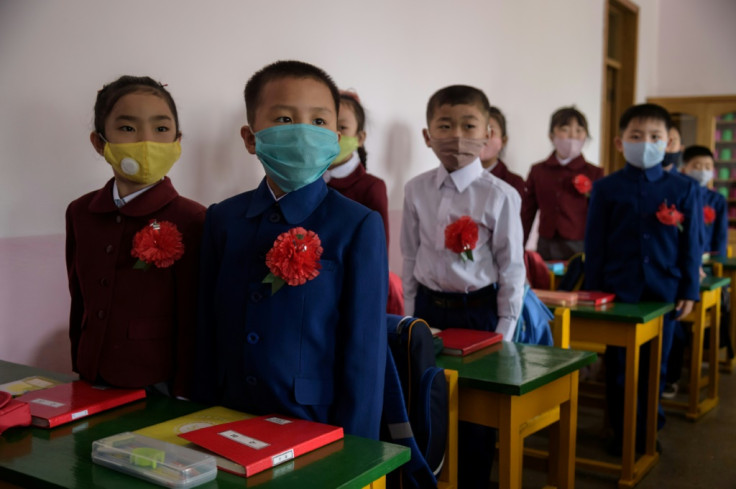Some COVID-19 survivors may not regain sense of smell and taste: Study
For some patients with severe symptoms, it may take longer to regains lost sensations of taste and smell.
A new study claims that 10 percent of the COVID-19 patients experiencing loss of smell and taste may never regain the sensations.
According to WHO, coronavirus affects different people in different ways. However, fever, dry cough, and fatigue remain the most common symptoms. Among less common symptoms are pains, sore throat, headache, and loss of taste and smell.
An international team of researchers carried out a cross-sectional survey on 202 mildly symptomatic adults who were assessed at Treviso Regional Hospital, Italy. These patients were tested positive between March 19 and March 22.
In the study published in the JAMA Otolaryngology-Head and Neck Surgery Journal, it was observed that out of 202 patients 187 patients reported the sudden onset of the symptoms. Meanwhile, there were 113 patients reported "complete resolution" of the smell or taste impairment and 46 reported an improvement in the symptoms. However, 12 patients said that the symptoms remained either unchanged or worsened with time. The study concluded that after four weeks from the onset of the symptoms, 89 percent of patients experience a complete resolution or improvement of these symptoms. However, the remaining 10.6 percent reported the symptom remains unchanged or increased in severity.
Loss of smell and taste were signs that were added to the list of COVID-19 symptoms at a later stage. As noted by Daily Mail, patients with severe symptoms observed that they took longer to regain the sensations.
"Given the high incidence of Covid-19 infection globally, this is likely to result in a considerable number of patients with long-term dysfunction and its associated morbidity," Dr. Paolo Boscolo-Rizzo, of the University of Padova, and his team wrote in the paper.
Meanwhile, more and more studies are now focusing on the long-lasting effects of the pandemic disease.
Claire Hopkins, one of the researchers and president of the British Rhinological Society told BBC that they are now collecting data on what long-lasting symptoms the recovered patients can expect.

"Data from other viral illnesses and some of the new data we are gathering, suggest the vast majority of people will get better but for some, recovery will be slow," Hopkins said. "For people who recover more quickly, it is likely the virus has only affected the cells lining their nose. For people who recover more slowly, it may be that the virus has affected the nerves involved in smell, too. It can take longer for these nerve cells to repair and regenerate."
© Copyright IBTimes 2025. All rights reserved.





















